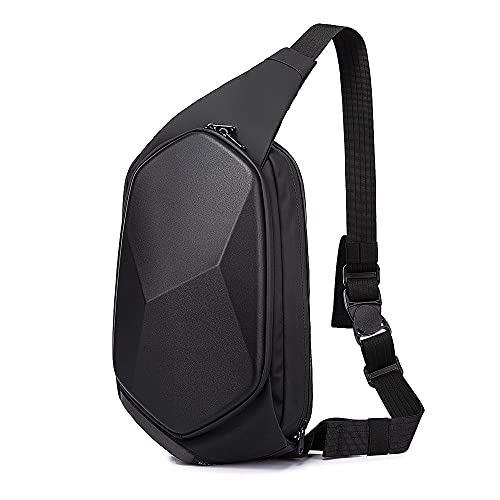Here's what I would like:
I'd like a wired-to-the-bike Autocom-like box that can process various and sundry audio inputs and outputs, but that has two bluetooth nodes so that I can run the driver and passenger stereo BT connections.
I would not care if the box had the ability to pair with any other BT devices (like my phone, etc.) but that would be sort of cool if it could. The main thing is to cut the cords between me, my passenger and the bike.
The bluetooth helmet sets should be very small with minimal battery requirements since the bike to bike comms would be handled by the box.
I'm really, really hoping that this is what Autocom has up their sleeves... (yet to be announced)
I'd like a wired-to-the-bike Autocom-like box that can process various and sundry audio inputs and outputs, but that has two bluetooth nodes so that I can run the driver and passenger stereo BT connections.
I would not care if the box had the ability to pair with any other BT devices (like my phone, etc.) but that would be sort of cool if it could. The main thing is to cut the cords between me, my passenger and the bike.
The bluetooth helmet sets should be very small with minimal battery requirements since the bike to bike comms would be handled by the box.
I'm really, really hoping that this is what Autocom has up their sleeves... (yet to be announced)



















































